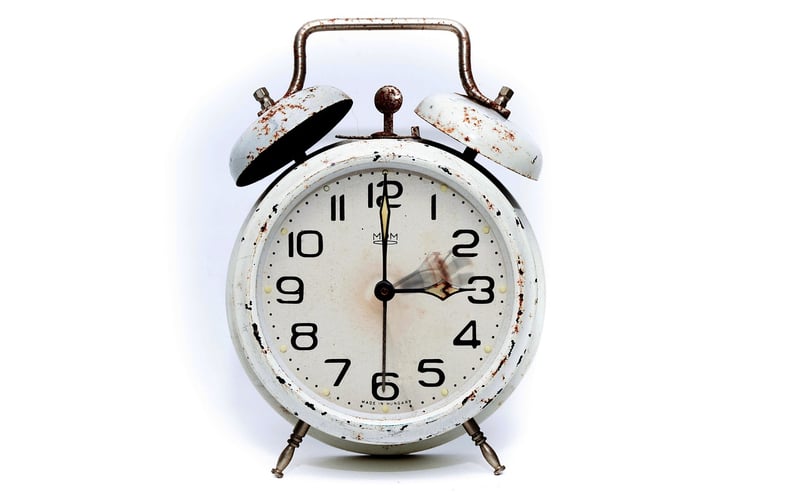Time-Travel Ethics
Navigating Time Conundrums and Time-Travel Ethics
Time travel has long been a fascination for humanity, with countless movies, books, and theories exploring the possibilities and consequences of altering the past or visiting the future. While the concept of time travel is intriguing, it also raises complex ethical dilemmas and paradoxes that challenge our understanding of the universe.
Time Travel Paradoxes
One of the most famous time travel paradoxes is the grandfather paradox, where a time traveler goes back in time and prevents their grandparents from meeting, thus preventing their own birth. This creates a paradox - if the time traveler was never born, how could they have gone back in time to prevent their birth?
Another paradox is the bootstrap paradox, where an object or information is sent back in time and becomes stuck in an infinite loop with no clear origin. It raises questions about causality and the origins of objects or information.
Ethical Considerations
When considering the ethics of time travel, one must contemplate the potential consequences of altering the past. Would changing a single event create a ripple effect that drastically alters the course of history? What are the moral implications of interfering with the lives of individuals in the past?
Furthermore, the concept of time travel raises questions about free will and determinism. If the past can be changed, does that mean our futures are predetermined, or do we have the power to alter our destinies?
Conclusion
While time travel remains a theoretical concept, exploring its implications can lead to thought-provoking discussions about the nature of time, causality, and ethics. As we navigate the complexities of time conundrums and ethical dilemmas, we are reminded of the boundless possibilities and limitations of our understanding of the universe.

For more information on time travel and related topics, you can check out Wikipedia's Time Travel page.
